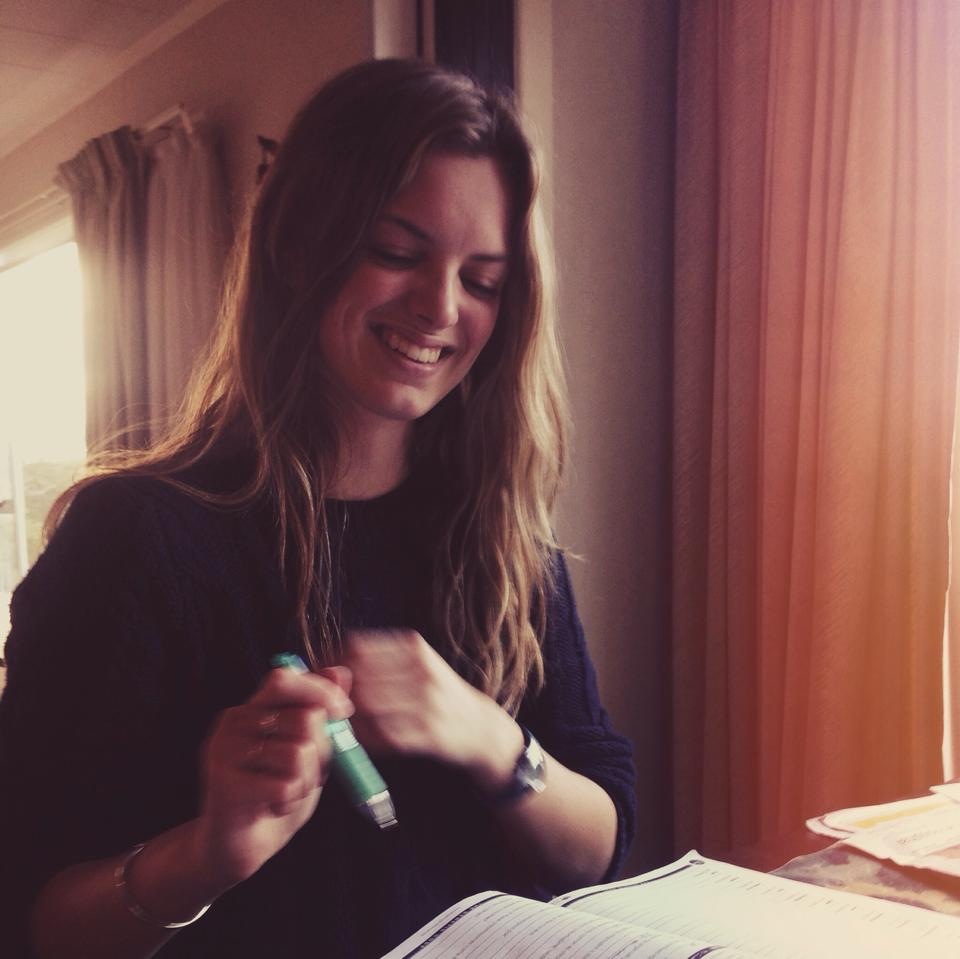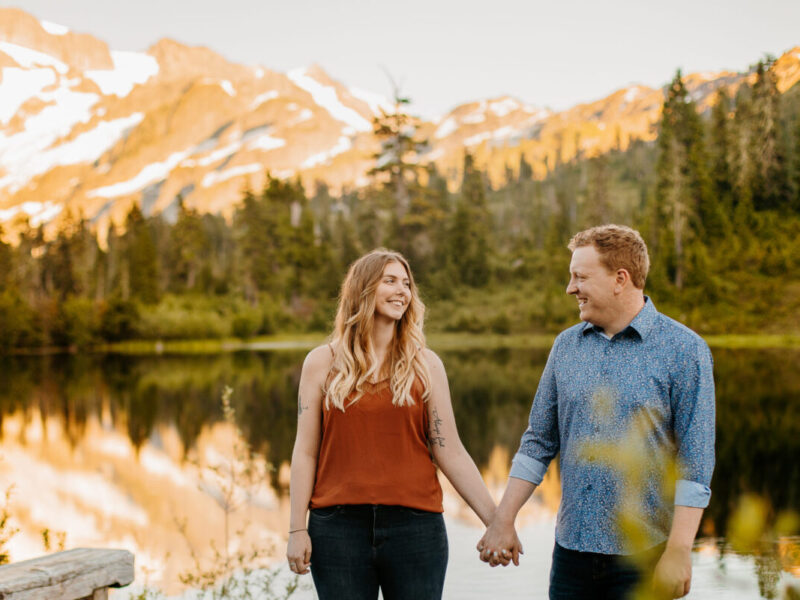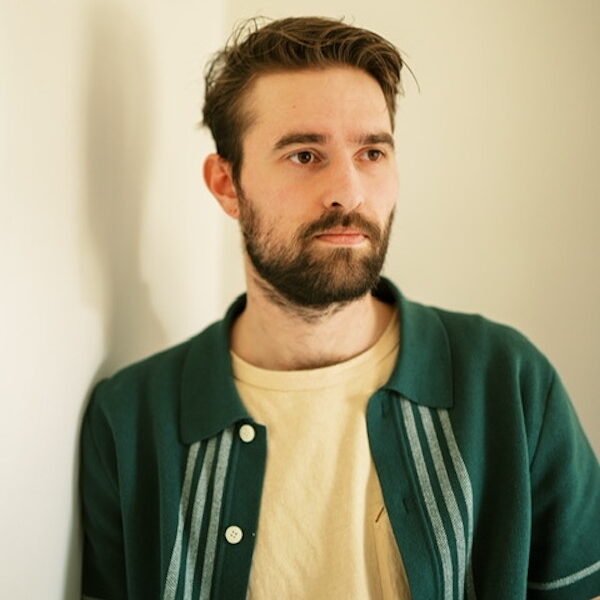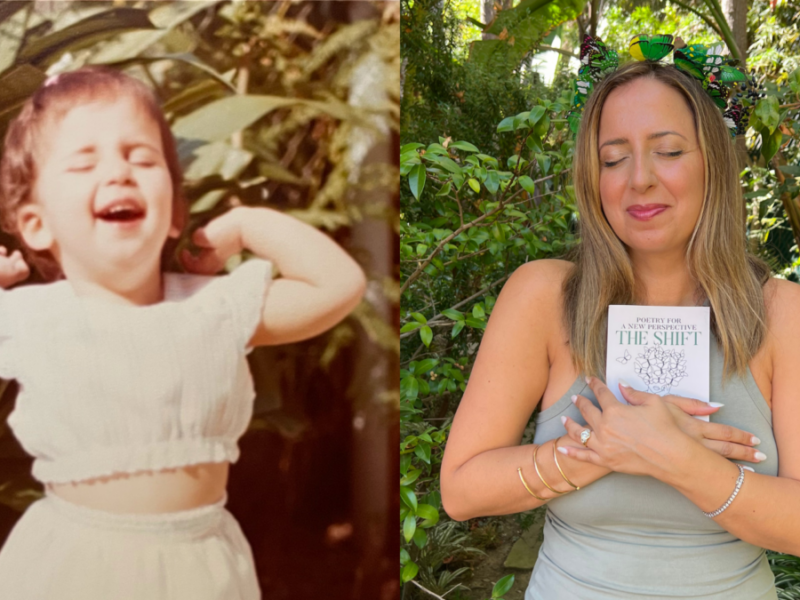An Interview with F.D. Soul
“A body is so much more romantic to me. It’s this beautiful thing that beats and breathes and thrives even on our worst days.”
F.D. Soul is a New Zealand poetess and author of two poetry collections. Her latest collection Between You and These Bones is a raw illustration of wisdom and poetry—musicality interwoven to read like a meditation. Her poems question the relationship between the self, between others, her relationship with nature, and poetry in relation to the world.
“This book is a garden, a hymn, a forgiveness. A falling back in love. It is all the pieces of light you forgot you held, remembered.”
Check out our interview below where she discusses her journey to poetry, the vulnerability of the body, and her Instagram poetry community.
Kailey Brennan: Can you speak about your writing journey? Were you always drawn to poetry?
F.D. Soul: I definitely played around with other styles of writing first. I had dyslexia as a kid, so I couldn’t even read or write properly until halfway through primary school. I always loved descriptive work. I would walk out into the forest at school and write everything that I could see and hear and smell. I tried novels for a while but could never stick at them. Poetry came naturally. Whenever I felt something too strongly, I would get out a pen and write. I guess I just eventually started calling it poetry.
KB: Why do you think poetry is important?
F.D.: I think letting ourselves feel is important, and poetry is basically the same thing. It’s how we find our stories and learn to keep them—all the best parts of ourselves, written down.
KB: You have two poetry collections out in the world: Indigo and Between You and These Bones. Can you speak about your creative process with each of these books? Did they differ from one another?
F.D.: I think any artist quickly outgrows their own work. I cringe reading back on Indigo, but at the time it was incredibly important. I think I was only just finding my feet, and Between You and These Bones has a lot more courage in it. The pieces are longer and hold more of me in them. I don’t shy away from being personal and specific like I did in the first book, and I think that’s really important in poetry.
KB: What do you hope your readers take away from your poetry?
F.D.: One of the things I love about poetry is that everyone takes away something totally different. I’m a huge fan of frustrating people that ask me what a certain poem means because it’s become a thing of its own at that point. I never like to try to fit it back in its box. I am in awe of the fact that I can even reach my readers, and it’s incredibly fulfilling when they find meaning and purpose from my work. If I had to pick one thing for my readers to take away it would be hope. In a thousand small ways.
KB: You speak a lot about the body in your work. What does it mean to you to live in your body? What are the parts of the body you love to explore most in your work?
F.D.: That’s such an interesting question because I haven’t really noticed how much it features in my poetry before. I spent many years studying medicine, where everything was anatomy with a dash of psychology. Very textbook. Coming from a literary background, I could never just see it like that. A body is so much more romantic to me. It’s this beautiful thing that beats and breathes and thrives even on our worst days. And then it’s the softest parts of ourselves. The neck and the throat and the mouth all have such a sensual link to language and voice, that I love. I remember reading a poem that talked about the insides of elbows and falling in love with the idea that such small parts of us can be significant and vulnerable and lovely.
KB: What do you love most about being part of the Instagram poetry community? How do you feel about the term “Insta-poet?”
F.D.: I love the support between writers. I’ve made so many wonderful friends in the community, from all across the world, which is a bit crazy. It’s awesome to have a platform to share and connect with so many people. I’m not too sure about the term ‘insta-poet.’ I think a lot of people associate it with some not so complimentary things, but I don’t have too much of a problem with it.
KB: What poets have inspired you the most along your writing journey?
F.D.: Oh good question! I love Sylvia Plath, and nobody can go past a bit of Bukowski. From New Zealand, Hera Lindsay Bird has been doing awesome things recently. And I’ll always be in love with Sarah Rosangela’s writing.




